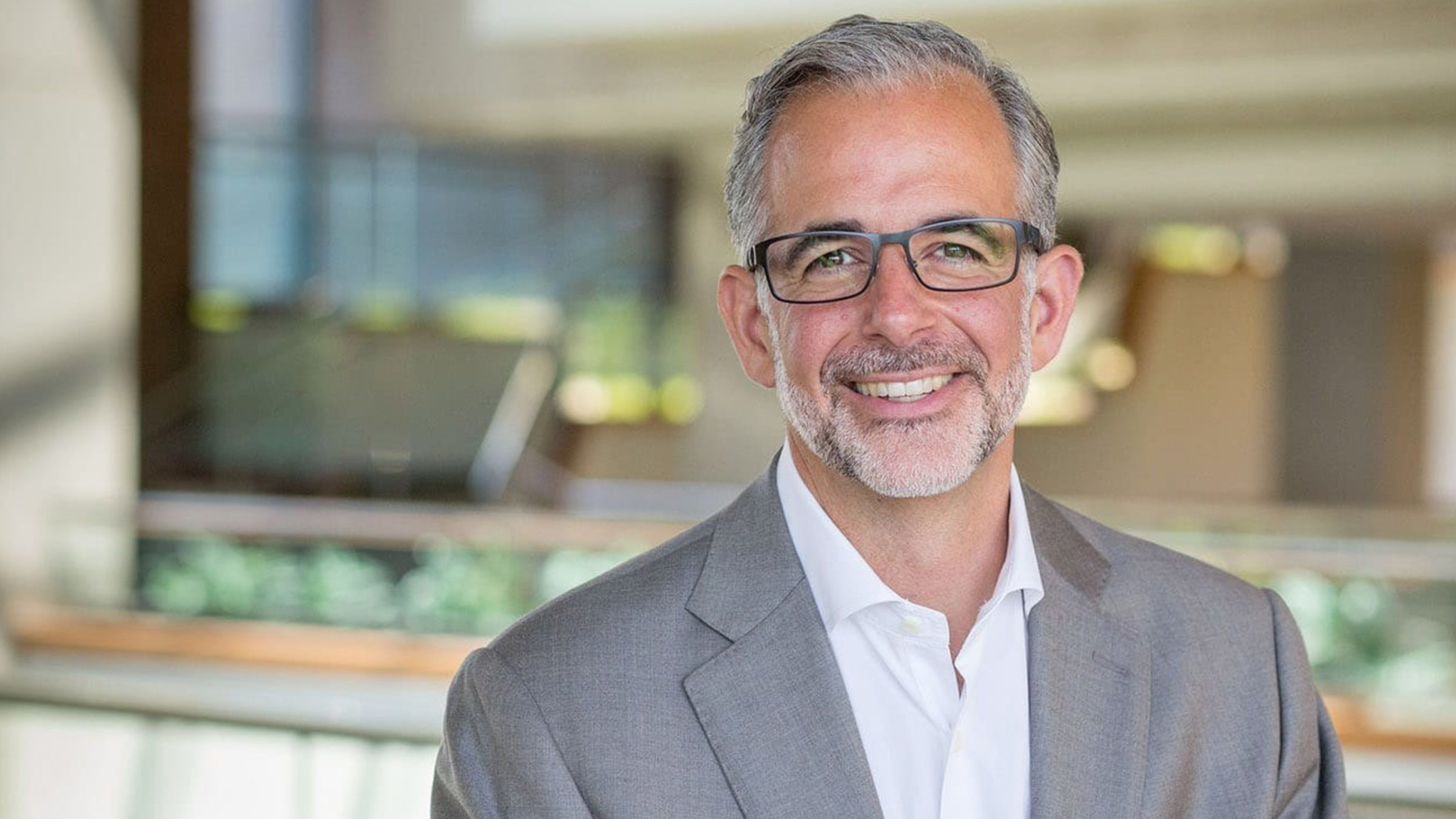
Paul Biondi, Pioneering Medicines CEO
Flagship company teams up with Charles River for AI drug discovery
One of Flagship’s entities will be getting access to an AI drug discovery tool from contract developer and manufacturer Charles River Laboratories.
On Thursday, Charles …
Sign up to read this article for free.
Get free access to a limited number of articles, plus choose newsletters to get straight to your inbox.